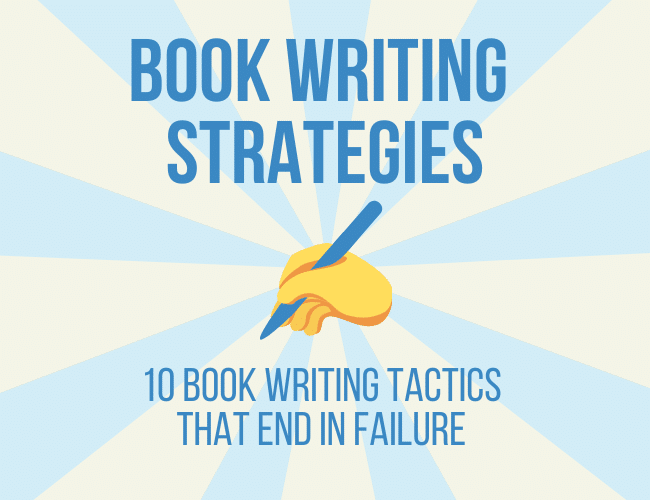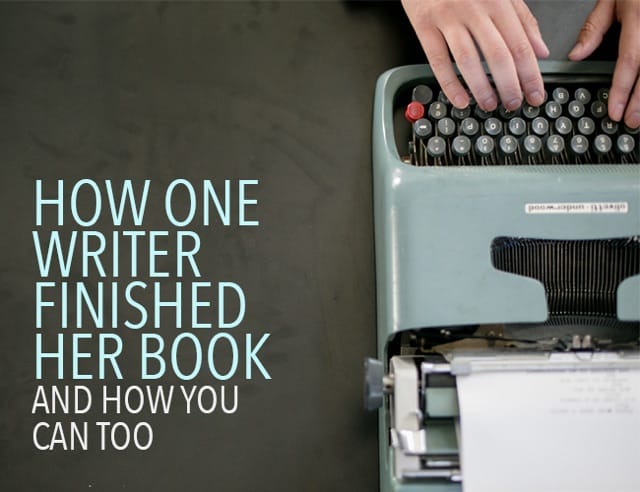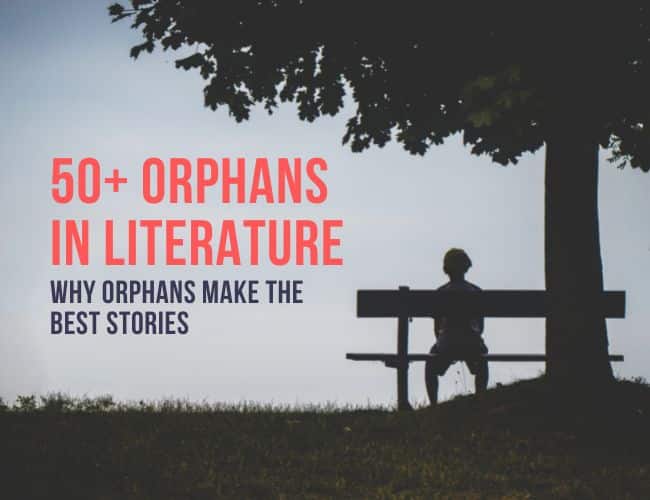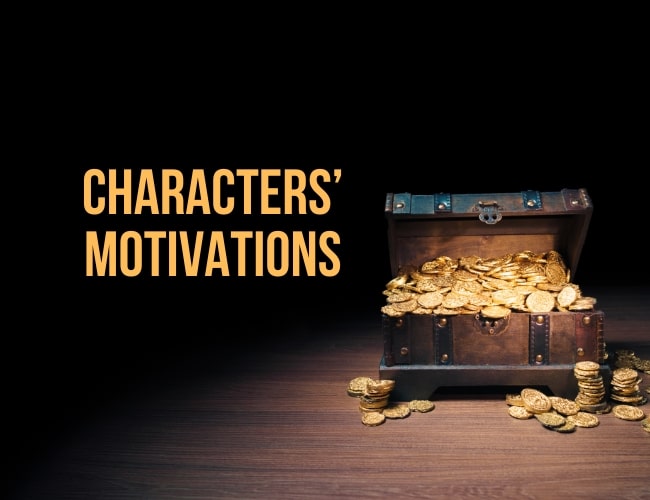
by Joe Bunting |
Do you have trouble finishing a book? When you stop, do you ever consider what causes writer’s block—what caused your writer’s block or reason to stop writing?
In a recent YouTube video, I talked about how hard it is to write a book, how it took me years to write a book, and how I hear from writers on a daily basis who are struggling with the writing process.
The good news, you don’t have to be alone when you get stuck like this.
Today, I want to talk about why it’s hard to finish a book. Specifically, I’ll cover ten things that people try when they’re struggling to finish writing a book that don’t work—and why this ends in giving up on a book, or paralyzes them due to writer’s block.

by Joe Bunting |
Have you ever wanted to write a book? Maybe you’ve thought about it. Maybe you’ve even started writing, but got stumped halfway through.
Yesterday, I took a poll of writers in our community. What I found is that 85% of writers have had a great idea for a book, have even tried to write it, but haven’t been able to finish it.
Yes, finishing a book is hard. Trust me, I know just how frustrating and overwhelming it can be.
But it’s not impossible.
Here’s the story of how one author finally finished her book.

by Joe Bunting |
In this article, I’m going to tell you exactly what to do next no matter where you are. I’ll share over 30 brand new book ideas, and tell you how to find more on your own, to help get you started. We’ll look at what to do to make your book idea better and get ready for the writing process. Finally, we’ll put it all into practice by getting started with your book today.

by Joe Bunting |
What do JK Rowling, Christopher Paolini, David Eddings, and Terry Goodkind have in common? They all wrote bestselling novels starring orphans. And this isn’t unique to fantasy. Orphans in literature is a big theme!
Victor Hugo, Charles Dickens, and Mark Twain all used orphans as some of their most memorable characters.
And don’t forget Superman.
In this post, we’re looking at more than fifty fictional orphans, why authors love writing about them, and whether or not you should include them in your story.

by Joe Bunting |
“In fiction, we can help our readers understand our characters’ motivations with clarity… people read fiction—to come to some understanding of why other people act the way they do.”
The question is, do you understand why your characters do the things they do? And are you conveying that understanding to the reader in an interesting way?







